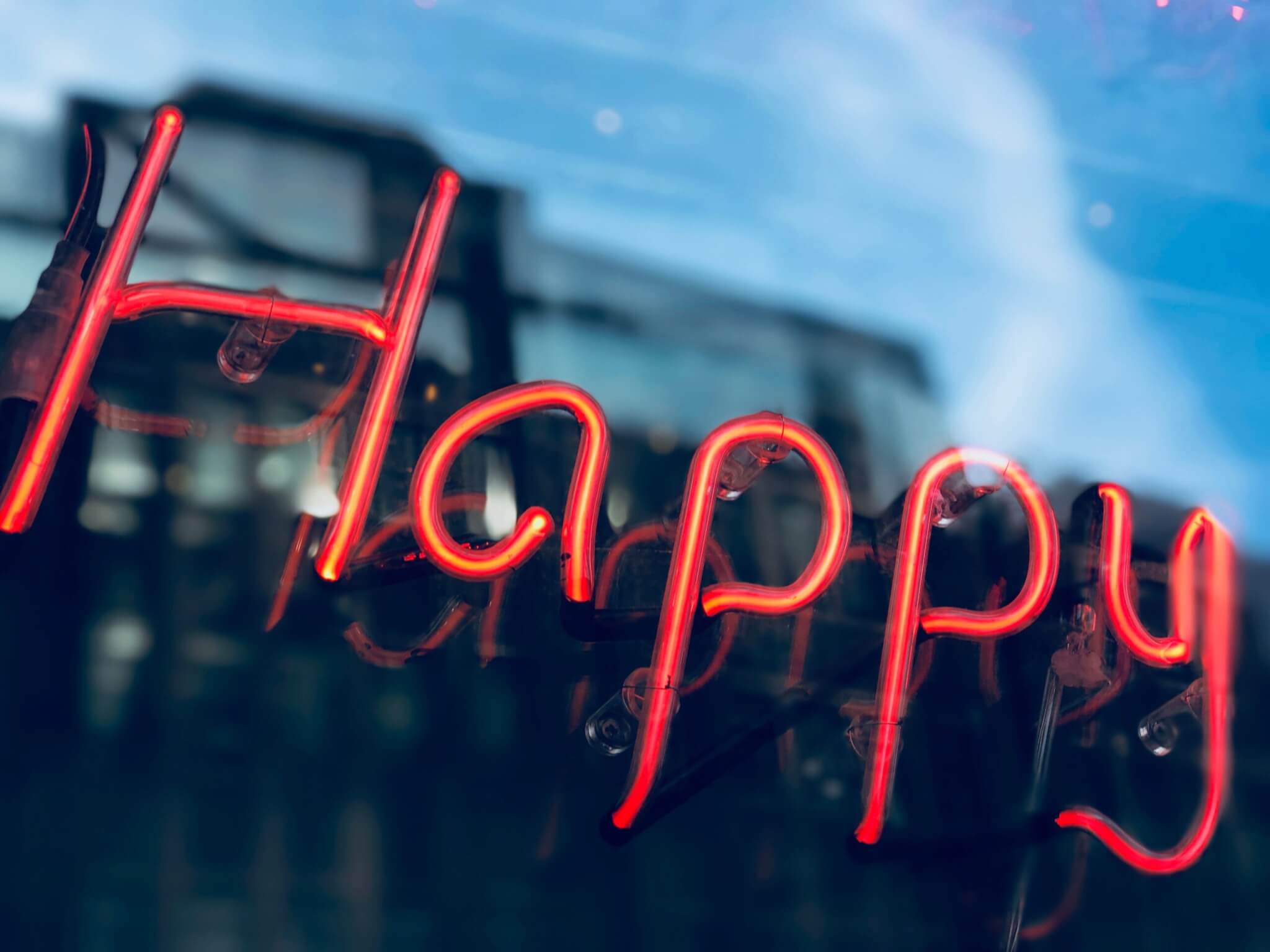PARIS, France — Happiness is one of the most fundamental parts of human life, though it’s not always easy to achieve. Researchers working with the Association of Psychological Science suggest that one reason happiness can seem so difficult to find is that how we feel in the present often interferes with how we think we felt in the past. Simply put, you may be misremembering past events because of how happy you feel years later.
“Happy people tend to overstate the improvement of their life satisfaction over time, whereas unhappy ones tend to overstate the deterioration of their level of happiness. This indicates a certain confusion between feeling happy and feeling better,” explains study authors Alberto Prati from University College London and the University of Oxford and Claudia Senik from Sorbonne University in a media release.
The researchers arrived at these findings by analyzing existing data from the German Socio-Economic Panel’s continuous survey, which focused on assessing the well-being of 11,056 German citizens between 2006 and 2016. On a yearly basis, the participants reported their satisfaction with their lives on a scale of 1 to 10. In 2016, they were additionally asked to select one of nine line graphs that represented their trend in satisfaction over that decade.
Overall, Prati and Senik noticed that the graphs largely aligned with each person’s responses about their well-being over the years. People who were more satisfied with life were more likely to choose a chart that displays a trend of improvement. Those who fell somewhere in the middle were more likely to choose charts with only modest improvements, and those most displeased with their life generally selected charts that showed a plunge in well-being.
“People are able to recall how they used to feel about their life, but they also tend to mix this memory with the way they currently feel,” Prati and Senik explain.

To further explore this, the team utilized data from over 20,000 participants who were part of the British Household Panel Survey from 1997 to 2007. Their life satisfaction was measured on a scale of 1 to 7, and additionally, they reported any changes in satisfaction from the year prior. Half of them were able to accurately compare how they felt in the present to the past. However, both sets of data consistently showed that people incorrectly recalled their happiness, likely due to their current feelings skewing how they view their past.
“It thus seems that feeling happy today implies feeling better than yesterday,” Prati and Senik conclude. “This recall structure has implications for motivated memory and learning and could explain why happy people are more optimistic, perceive risks to be lower, and are more open to new experiences.”
Prati and Senik are continuing their investigations on the relationship between biased memories and current behavior. They plan to delve into things like risk-taking, entrepreneurship, and willingness to try new things and experiences to see how thoughts shape these activities.
These findings are published in the journal Psychological Science.
You might also be interested in:
- Does making more money actually lead to more happiness?
- Attachment anxiety makes people create false memories while talking to others
- A happy childhood does not guarantee good mental health in adulthood

